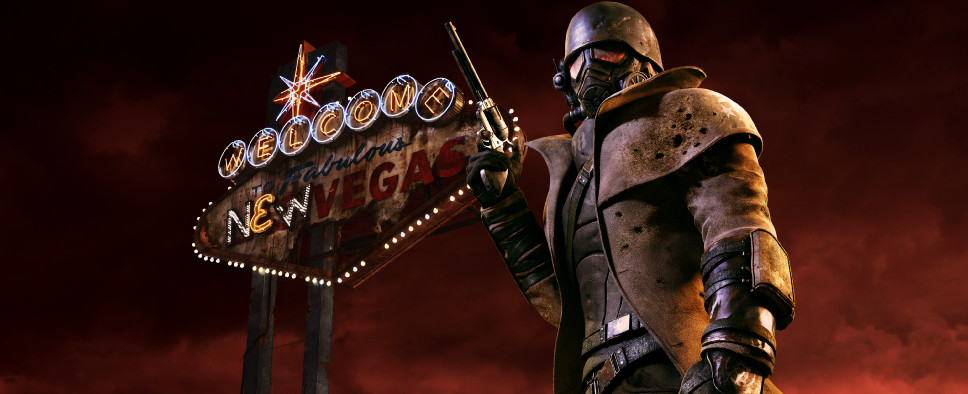Feargus Urquhart Interview
-
Category: News ArchiveHits: 4331

Despite not releasing any new RPGs in 2022, Obsidian Entertainment has had a pretty good year. And if you'd like to know whether this is the studio's new direction or just some fluke, you might want to read this recent Gamepressure interview with Obsidian's CEO and RPG veteran Feargus Urquhart.
The meaty two-page interview recaps the origin stories of both Urquhart and Obsidian, goes over the challenges of running a studio specializing in some truly out-there RPGs, takes a detour to briefly mention an Avatar (the Blue Man Group one, not the Airbender one) video game that was never meant to be, and spends plenty of time talking about Fallout and what its next chapter might look like.
A lot of good stuff in there. For example:
HS: Of course. We’re talking about a purely hypothetical game.
FU: Right, but I can talk about how I personally look at Fallout. One thing I can kind of look back at is – I got a lot of questions about Fallout 3. A lot of journalists were trying to trap me, because they wanted me to say something like “Oh, Fallout 3 is not a real Fallout, because it’s not like Fallout or Fallout 2, it’s not turn-based.” Why I’m bringing this up is because of what Fallout 3 did. Every time we make a Fallout game it’s about that world.
And you’re correct. I believe our Fallouts are some reflections on our world. Or as you said, the Outer Worlds, though it was Tim Cain’s and Leonard Boyarski’s work, but they of course also did Fallout 1 and started Fallout 2. Maybe it’s because of how we make roleplaying games, but of course we have overall themes, storylines. But then, what we do is to turn parts of the game over to groups of people, the pods, strike teams, who are given freedom to go make that part of the game. I think more so maybe than how a lot of other games get made.
It’s a distinct belief of mine that I’m not brilliant. I’m fairly creative, but how you get incredible creativity is by giving people some guidelines and then just letting them go. I think what comes out of that is that people speak to what’s going on with themselves and what’s going on with the world around them.

